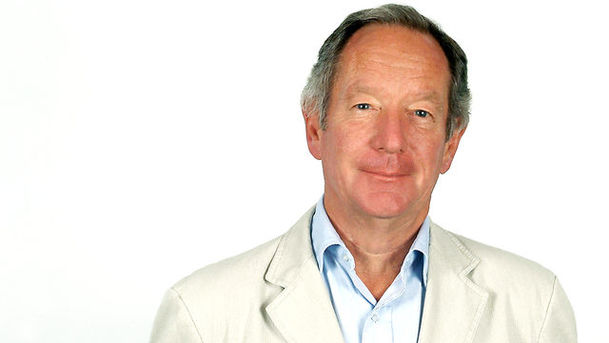Moral Maze - 14/07/2010

France is the latest European country to talk of banning the burqa - the full Islamic face veil for women. Belgium has already voted for a ban and there's also been talk of similar laws in Holland and Spain. France has the largest Muslim population in Europe and polls there show overwhelming support for the proposal. It's estimated that around 1900 women in France wear the burqa and most do so because they want to. Those in favour of a ban argue that the burqa is a gateway to extremism and an attack on secularism, a central value of modern-day France. For many this is also an issue of protecting women's rights; the burqa they argue, is a symbol of male oppression and as one French law maker is reported to have said, women who wear them must be liberated, even against their will. The state banning something as personal as what you chose to wear in public is a tricky issue for liberal Western democracies, but can the rush to uncover Europe's most pious Muslims be explained solely by a newfound desire to protect the rights of women? Or is this more about notions of cultural purity and the darker side of humanity in Europe which raises its head from time to time? The fear of the stranger, of shunning those who look different to ourselves - the attitude which can lead to Islamophobia/racism. How far should we compromise our values to accommodate the cultural norms from different faiths and societies? Michael Buerk chairs with Claire Fox, Clifford Longley, Anne McElvoy and Matthew Taylor. Witnesses: Peter Whittle, Director, The New Culture Forum Mona Eltahaway, Commentator and public lecturer on Arab and Muslim issues Khola Hasan, Islamic legal consultant Dr Salman Sayyid, Reader in Sociology at Leeds.